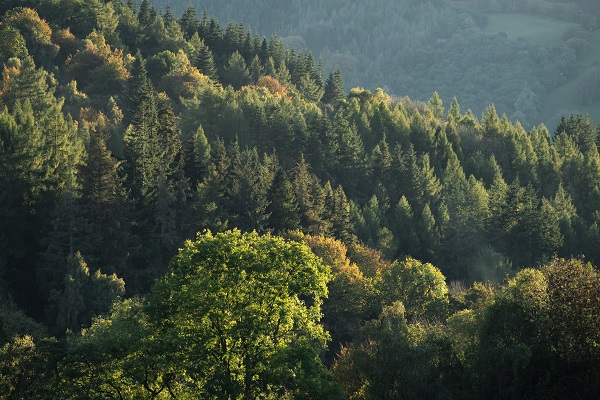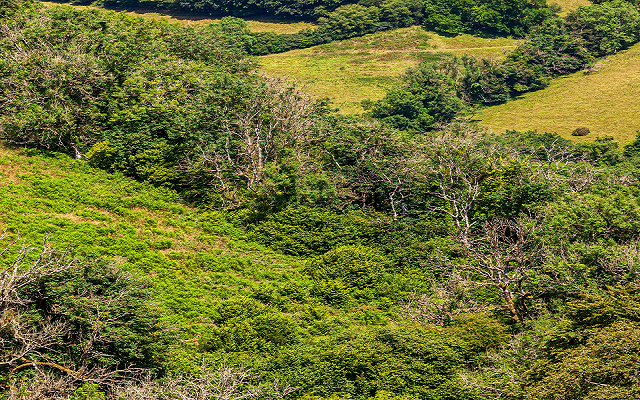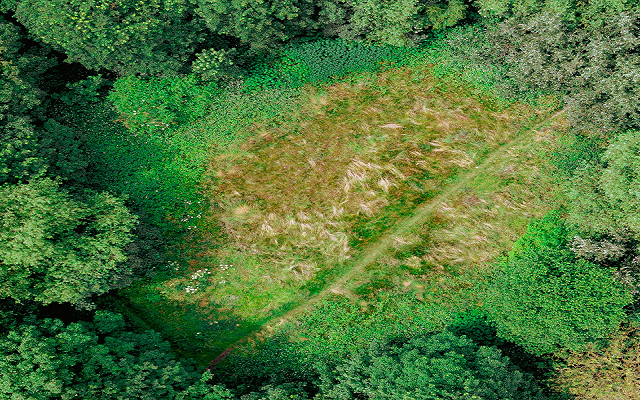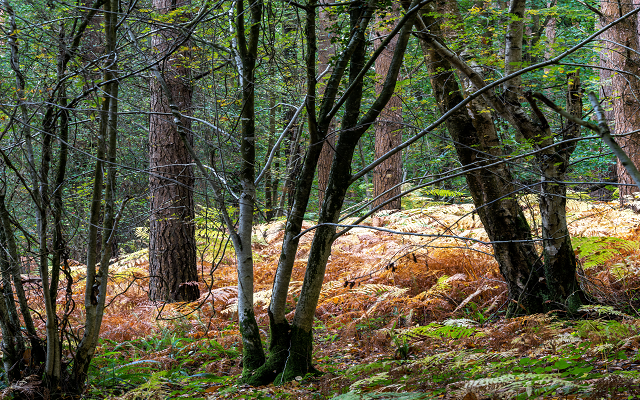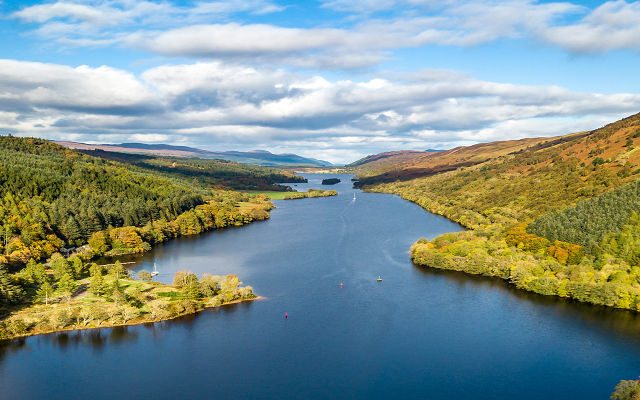A breakthrough on attitudes to forestry and trees
The pre-Christmas gathering at the Confor (Confederation of Forest Industries) conference proved to be a revelation to many in the audience. The new Defra minister with responsibility for forestry and tree planting, Trudy Harrison MP, was dynamic and clear.
Statements such as ‘we are serious about trees and forests, we are serious about our ambitions of tree planting’, ‘failure is not an option’, ‘we must grow more conifers’ and ‘I send a strong invitation to tell me what is wrong with the industry – I want to know’ had the audience entranced and delighted. Her one liner on squirrels ‘live greys equal dead reds’ had the audience purring in agreement.
What was said, as well as the conviction and genuine nature in how it was said, gave demonstrable evidence that forestry is high on this minister’s agenda, and she is clearly taking a great deal of interest in what is achieved.
So too is Richard Stanford, the CEO of the Forestry Commission (FC), who was clear in his presentation that woodland creation is essential. He also noted that this would require behavioural change – not only from landowners, but also from the myriad of interested parties who are involved in the consultations regarding woodland creation.
His statement that ‘we must have pragmatism and delivery over purists and prevarication’ was warmly welcomed. However, let’s not get too carried away as we have heard these statements – especially from the FC – before. The experience of many in the sector who are working on woodland creation schemes is an all too often familiar tale of delay, administrative burdens and, for some schemes, rejection. So, this promised organisational and paradigm shift has to be seen to be believed.
The thoughts of Mike Childs, the Head of Science, Policy and Research at the Friends of the Earth were particularly interesting. He considered the current woodland creation targets were too low and called for a timber ‘sector deal’ with the forestry industry to ensure long-term sustainable investment in multifunctional forestry. Tom Barnes, Managing Director of Vastern Timber had similar thoughts, and encouraged all in the audience to participate in the development of a National Timber Strategy.
The sense of drive and conviction was echoed by many of the speakers that followed. Lord Deben, the former cabinet minister John Gummer, is a long-term supporter of forestry and wholeheartedly supported new planting. ‘We have to deliver… we have talked about this for too long,’ he said, as he highlighted the need to grow, manage and fell more trees in the UK.
The theme of reducing the over-reliance on foreign timber, some of which may have questionable standards of production, as well as maximising the environmental, social and ethical issues of using home-grown timber, was repeatedly mentioned. Great Britain imports c.80% of its timber requirements – a situation which is clearly incompatible with the benefits of using home-grown timber. Stuart Goodall, Chief Executive of Confor, highlighted that if current rates of timber usage continue, by 2050 the UK will consume 78% more timber than at present. So, for existing owners of woodlands, or investors interested in owning woodlands, the demand – and prices – for their products should rise.
As I walked back to Waterloo, the streets bathed in the festive lights from the London Eye, I was hugely optimistic. The political desire for new planting means people are perhaps finally addressing the mire of conflicting and/or absent land use policies. The minds of those focused on targets are also challenging those with a thirst for processes and/or purism.
In addition, we only have time for the 2022/23 planting figures (eagerly expected in mid-summer, anything less than 4,000 hectares in England will be a disappointment), and one more full planting season, 2023/24, before the next General Election, which is scheduled for January 2025 at the latest. There is nothing like an election to focus political minds and manifesto commitments.
More broadly, the numerous calls for better management of our woods and the increased use of home-grown timber, and the insatiable demand for a wide range of timber products, only serve to highlight the attractive returns of owning and managing trees, woods and forests.
